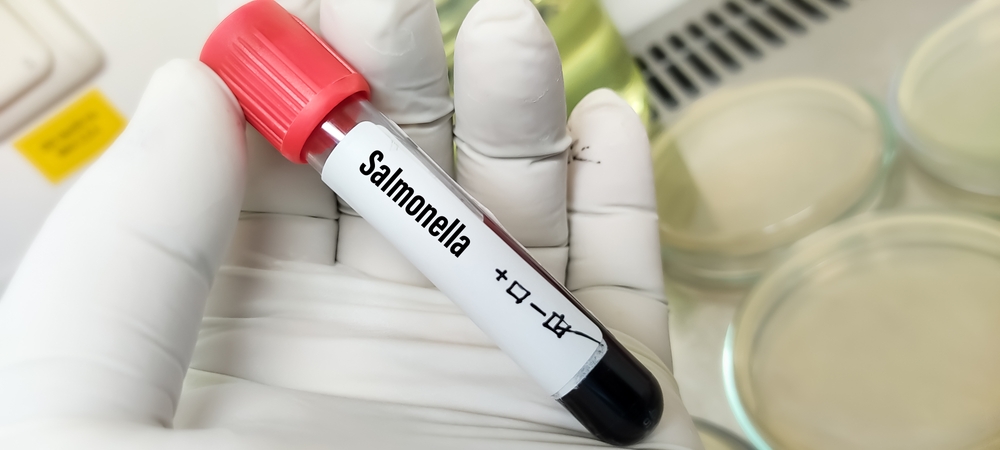Source: EurekAlert
A Penn State study highlights household dogs as a potential source of zoonotic transmission for antibiotic-resistant Salmonella, a growing public health concern. Researchers found that close human-dog interactions and improper food handling can increase the risk of spreading Salmonella, which can cause severe health issues in both humans and animals. Using biosurveillance data, they identified 87 cases of Salmonella in dogs, with 77 suspected to have transmitted to humans across 17 U.S. states.
The study revealed that all identified strains carried antimicrobial resistance genes for critically important drugs. Researchers emphasized the need for antimicrobial stewardship in Veterinary medicine and sustained biosurveillance within a “One Health” framework, which integrates human, animal, and environmental health. While owning dogs offers significant physical and mental health benefits, simple hygiene practices, like handwashing, can mitigate risks. The study underscores the importance of awareness and preventative measures to safeguard both pets and humans.
Read the full story HERE: https://www.eurekalert.org/news-releases/1070033

